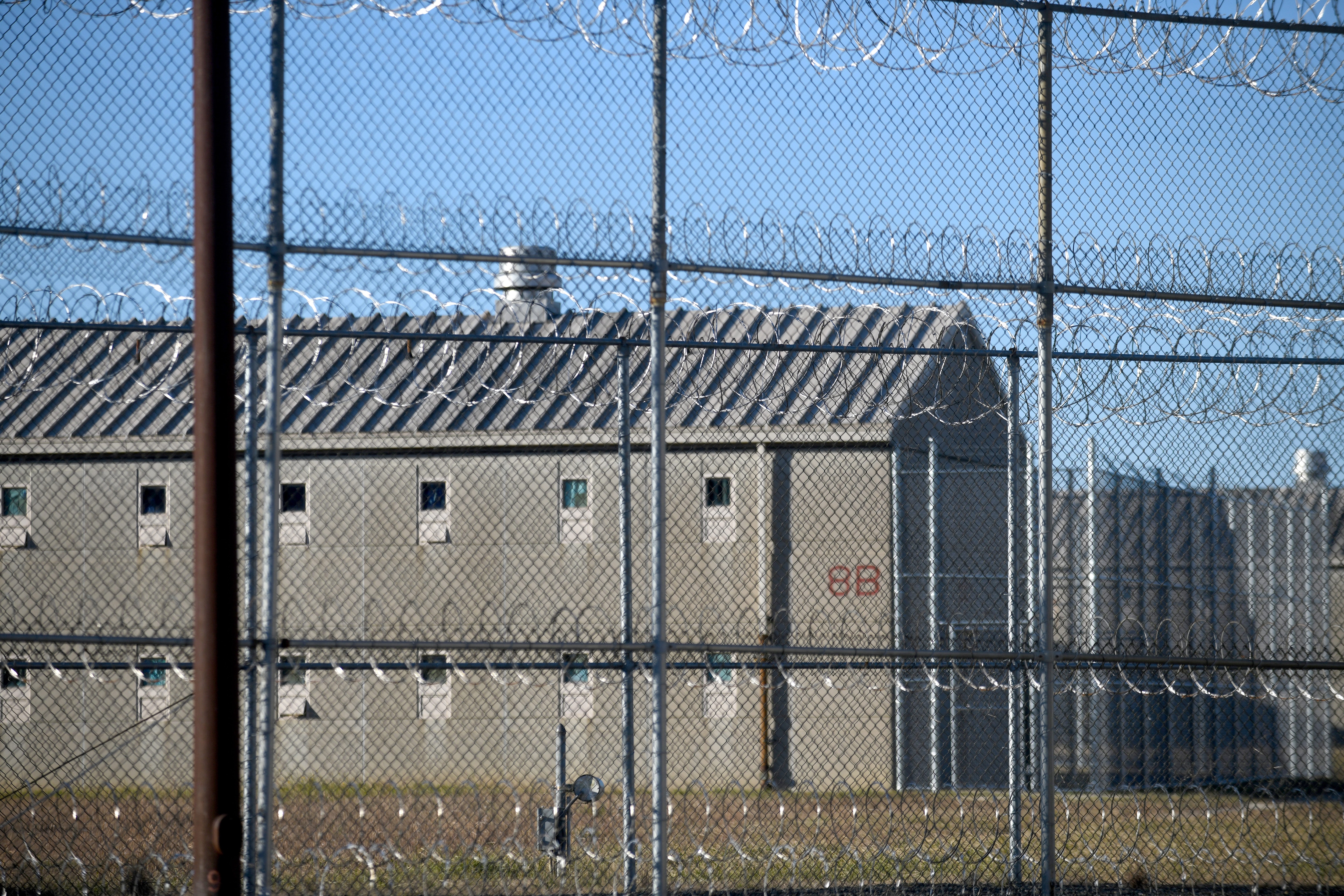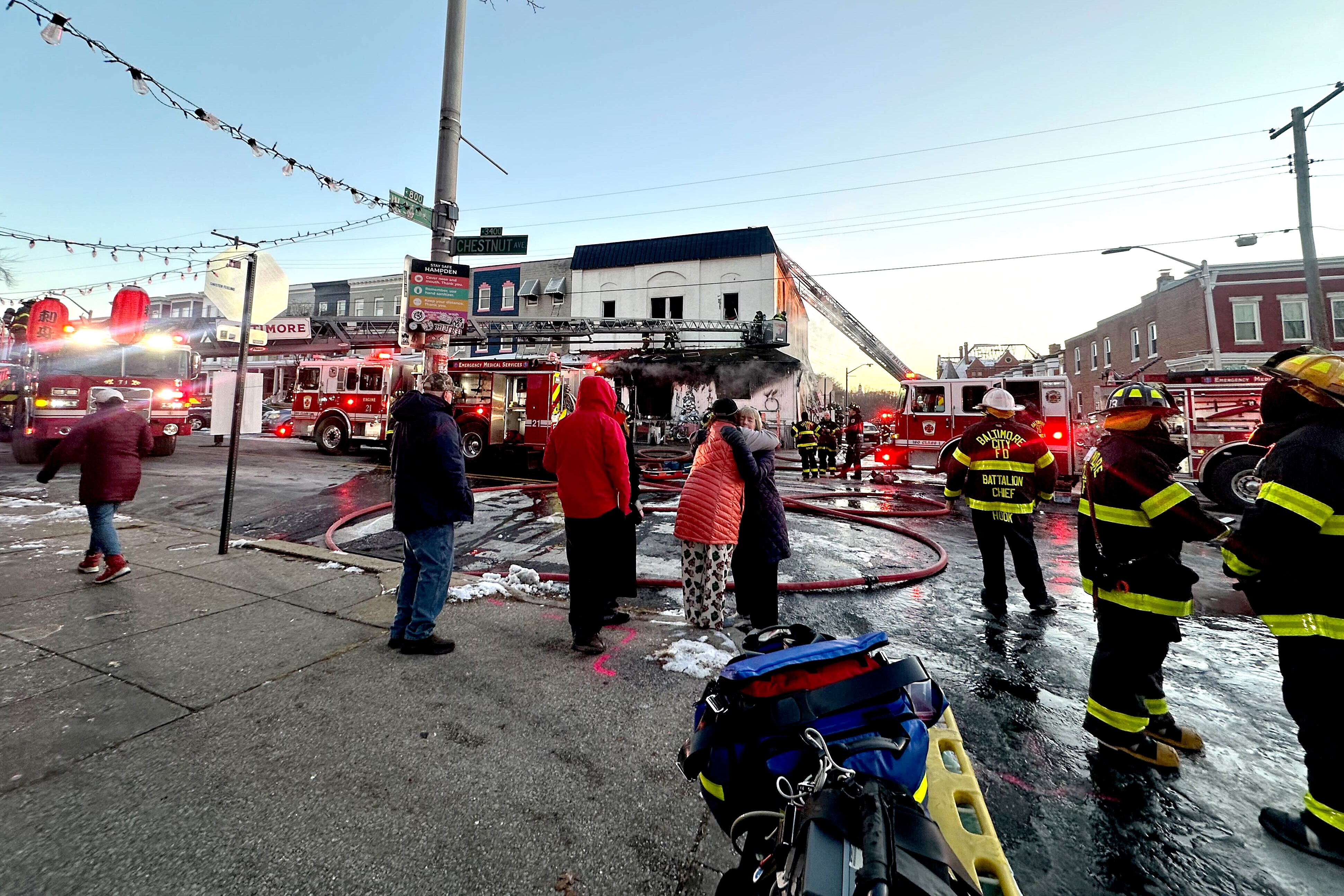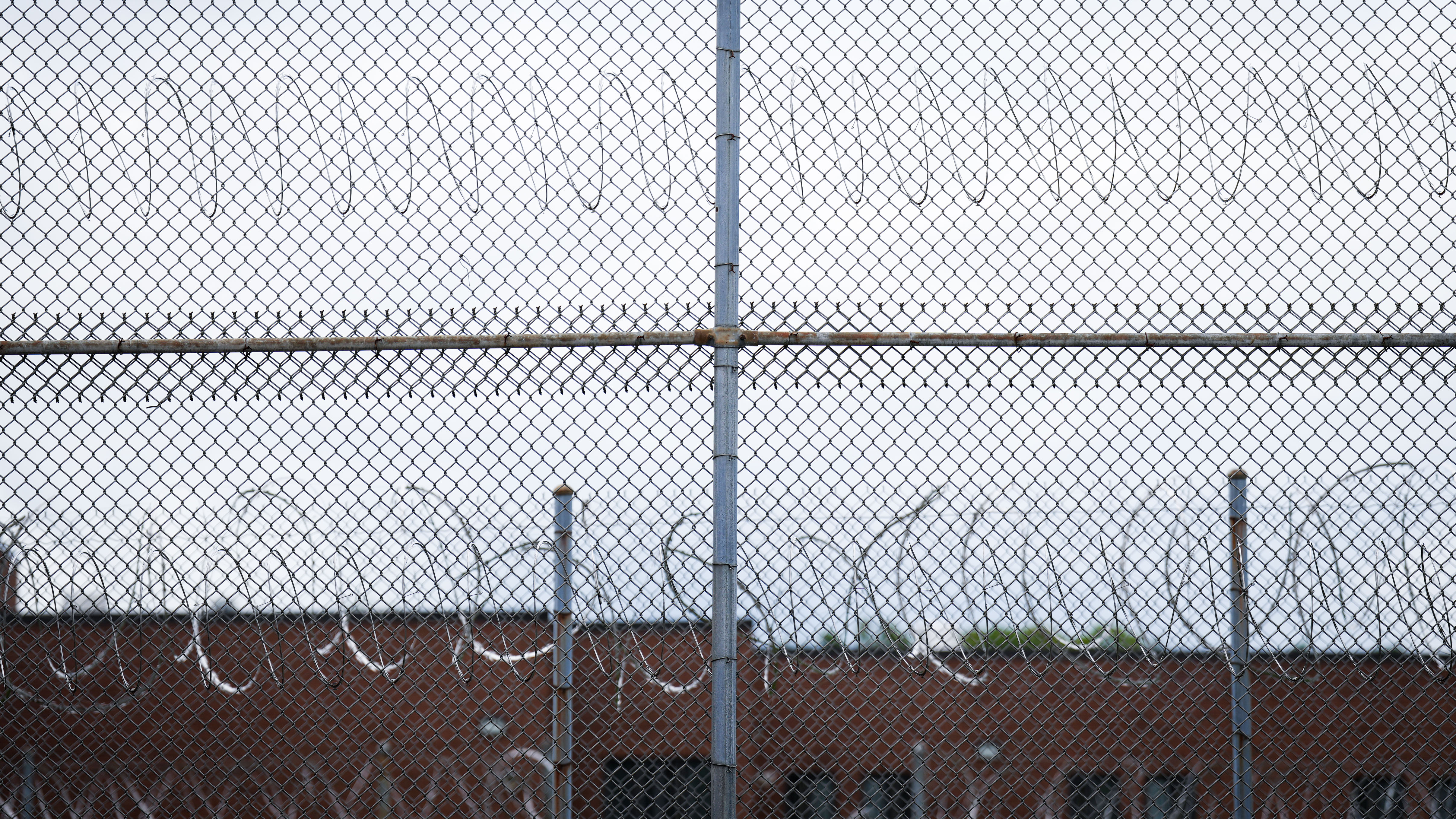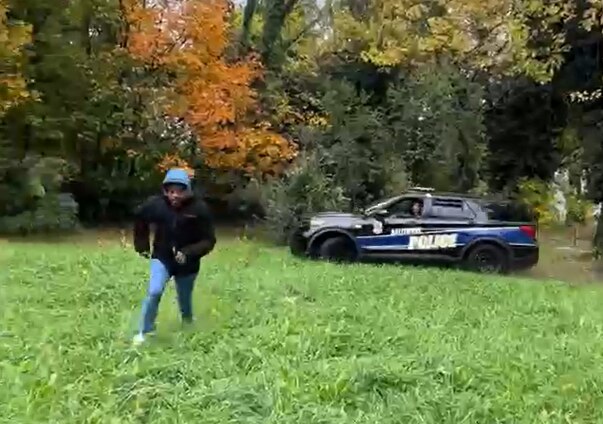CURRENT EDITION: baltimore (none)🔄 Loading BlueConic...EDITION HISTORY: No changes tracked
🔵 BlueConic: ___🔗 Query: ___✏️ Composer: ___
Former supervisor guilty in cover-up of prisoner beating on Eastern Shore
A former lieutenant at the Eastern Correctional Institution in Westover has been found guilty for his participation in a cover-up after one of his junior officers physically abused a prisoner.
Fire guts Falkenhan’s Hardware near Baltimore’s Miracle on 34th Street
Baltimore City firefighters have contained a blaze at Falkenhan’s Hardware, a staple in Hampden that sits on the edge of the Miracle on 34th Street holiday lights display.
Officer: I was ‘used as a scapegoat’ after deaf man’s murder in Baltimore jail
For years, the Maryland Department of Public Safety and Correctional Services has declined to explain publicly the circumstances leading up to Javarick Gantt’s murder.
Maryland plans to clear out troubled Baltimore detention center
The state corrections department is planning to imminently transfer all detainees out of the Maryland Reception, Diagnostic and Classification Center.
Locked-up children left ‘extremely cold’ at Baltimore facility, public defenders say
The detention center in downtown Baltimore houses children who have been charged as adults and are awaiting criminal trials.
Maryland increasingly relies on isolating prisoners in ‘restrictive housing’
Criminal justice reform advocates say the long stretches of forced solitude in Maryland are known to cause mental health issues and equate the conditions to torture.
Baltimore union president calls for reform after transportation worker’s death
Gregory Turnipseed, a 14-year veteran of the city transportation department, died last week about a month after trying to intervene in an argument over a parking spot in downtown Baltimore.
8,000 MDMA pills, Gucci bags and more: Jessup prison smuggling schemes busted
State prosecutors and corrections officials on Monday announced 10 criminal indictments stemming from three separate alleged smuggling operations at the Jessup Correctional Institution in Anne Arundel County.
Haussner’s 850-pound ball of string has sold. You’ll never believe who the new owner is
A stringy piece of Baltimore history is headed to America’s hall of fame for bizarre items.
Baltimore officer shown in viral video charged with attempted murder
A Baltimore Police officer shown in a viral video chasing and then striking a man with his vehicle, has been indicted for attempted murder, authorities said Wednesday.
Mayor’s influence over Baltimore Police watchdogs challenged by council chair
Like other jurisdictions in Maryland, Baltimore City has a Police Accountability Board and a five-person administrative charging committee, both of which are run by citizens.
Baltimore County councilman calls for investigation into traffic stop racial disparities
Baltimore County Councilman Izzy Patoka said he has spoken with Inspector General Kelly Madigan, and has not filed any formal motions as of yet, “though there could possibly be.”
How ‘driving while Black’ persists in Baltimore County
Black drivers make up most of the traffic stops in Baltimore County, despite being 30% of the population — disparities police have known about for years but have failed to fix.
How a Maryland prisoner died an ‘excruciating’ death from dehydration
Lamont Mealy died of dehydration in an isolation cell at Western Correctional Institution in 2023. A lawsuit claims state officials covered it up.
Baltimore County state’s attorney confirms police chief on ‘Brady list’ over $3 parking violation
Baltimore County State's Attorney Scott Shellenberger says police Chief Robert McCullough’s story matches state records.
Baltimore County police chief says $3 parking violation put him on Brady list
Baltimore County Police Chief Robert McCullough said the only reason he’s included on a Brady list is a 1986 parking violation that cost the county $3.
Baltimore County officials remain quiet on police chief. Exec says he has her ‘full support.’
No one in power has offered an explanation for why the county’s top cop appears on a list of officers with potential credibility concerns.
Baltimore County’s police chief is on a list of cops with credibility concerns
Robert McCullough, the Baltimore County Police Department chief, appears on a list of law enforcement officers whose potential credibility concerns require disclosure to defense attorneys if they’re called as a witness in court.
Maryland State Police barrack used ‘candy box’ to encourage more traffic stops
The incident comes three years after leaked documents detailed a quota-like system.
Maryland to close one of Jessup’s prisons
The Maryland Correctional Institution-Jessup will close and 700 men incarcerated at the facility, along with 300 staff, will be transferred to other facilities by June.
















